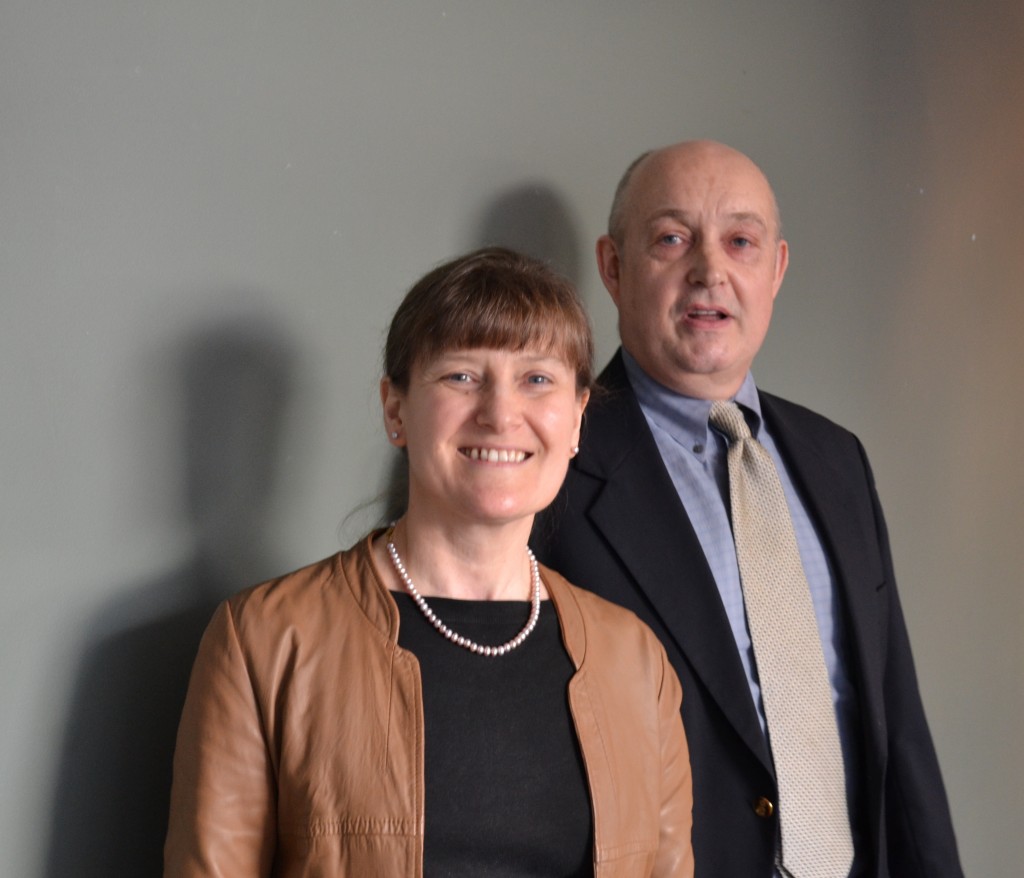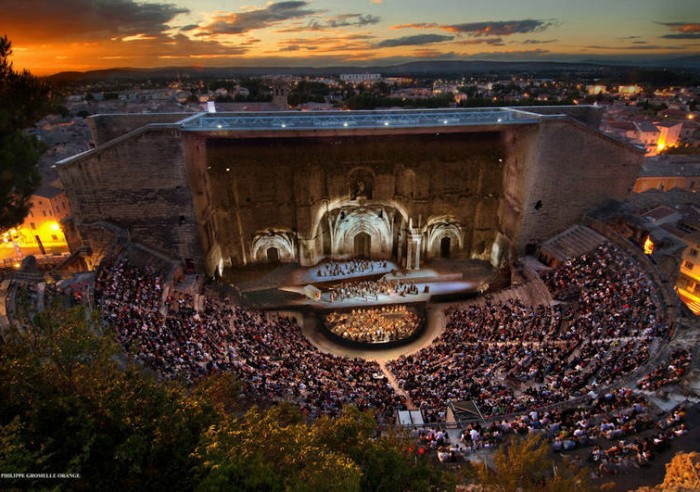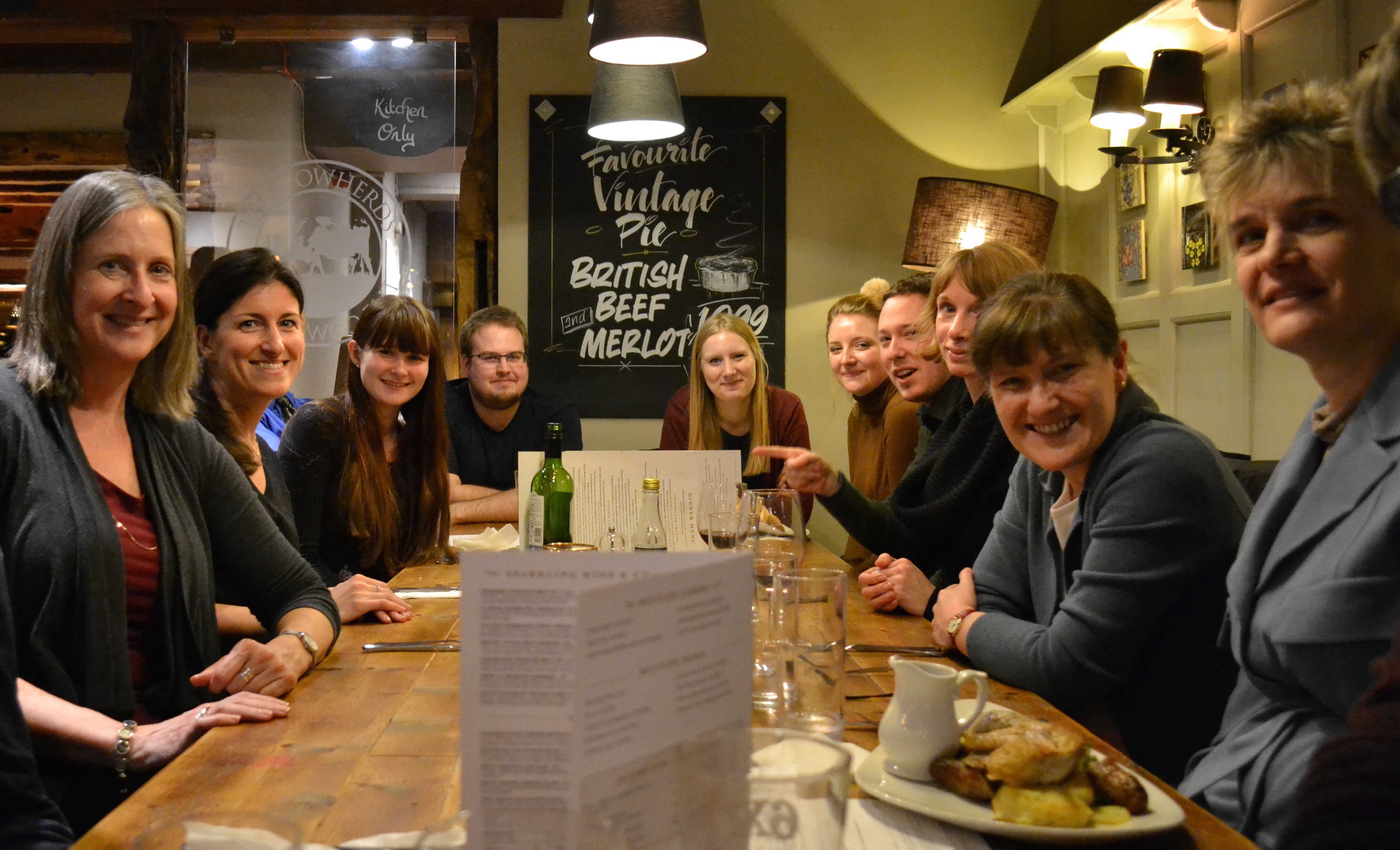Residency, reception and regions
Master’s student Daisy Smeddle reports on the most recent Hartley Residency, a programme that brings leading scholars to Southampton to interact with our postgraduates and staff over several days: Professor Katharine Ellis from the University of Bristol is amongst the most esteemed musicologists of her generation. We were lucky enough to spend 2nd – 3rd of February exploring and discussing her current research fields with her.

Katharine began her residency with an introductory seminar for the postgraduate students, covering ideas of decentralisation in France during the long nineteenth century. What particularly sparked my interest was the question of cultural identities and the idea that Parisian tastes dictated the national identity of the regions, blurring the sense of regional identity. Katharine explored the concept of regional exile and the establishment of regional areas within Paris through the case studies of two operas of exile. We explored the ways in which each opera utilised folk-like music to create a sense of the psychological connections to the protagonist’s home, and how musical references commented on the draw of home.
Katharine gave her formal presentation later that day, titled “Southern French Difference and Open-Air Opera at the Turn of the Twentieth Century.” This new phenomenon saw the rise in popularity of the southern regions of France as tourism hot spots, drawing Parisians out of the city. Open-air opera was a site-specific spectacle, with only ancient Roman amphitheatres large enough to accommodate the vast audiences; as in the case of Nîmes, where the audiences were as large as 25,000. The re-appropriation of ancient moments and the unique spectacle this created was something that Parisian theatres could not compete with, surpassing Parisian opera in popularity and financial value. This presentation was my personal highlight of the residency, as I have a keen interested in operatic production; I found exploring these unique open-air spectacles fascinating. The idea of incorporating the open sky and sunsets into the opera itself and the careful contextual sensitivity of the choice of repertory and elements of staging I found captivating. Perhaps my favourite part of the presentation was the discussion of realism within these operas and the example of real bull fights taking place during act 4 of Bizet’s Carmen.

The final day of Katharine’s residency began with a postgraduate seminar focused on questions of reception. As a group we discussed ways in which reception of musical works may be assessed and utilised. The discussion of the music press dominated the seminar, with each of us commenting of our personal experience of working with reception in relation to our own projects. Katharine raised the question of what silence in the press means when we are thinking about reception; this particularly made me question elements of my own research project, giving me another angle I had not yet explored.
In addition to Katharine’s seminars, Southampton’s Mark Everist added to the residency with his presentation, “Theatre Music and Cultural Transfer in Europe, 1800-1870.” This presentation raised the complexities of cultural identities. Mark presented the global spread of Les Huguenots, which spread across continents surprisingly quickly, being translated into many different languages. By addressing stage music in Seville, Klausenberg and in particular Copenhagen, the presentation went on to address the notions of national identity and the cross culturalism that touring opera companies presented. What I particularly took away from this presentation was the sense of a nation being defined by its cultural centre, and the questions of cosmopolitanism that this raises.

The residency finished with a departmental roundtable on Katharine’s position paper “The Historical Press: How we Got Into Reception History and How to Get Out”. This presentation related to the earlier seminar on a very similar topic. The position paper and subsequent discussion focused on reception as an integral part of musicological study and the ways in which musicologists use the press sources in their work. Katharine presented ways in which we can move forward into more sophisticated ways of understanding reception history. Engaging in the debates and raising questions with the panel of the roundtable was particularly enjoyable; discussing with the panellists made for stimulating discussion and interaction in a professional manner.
Katharine Ellis’s residency was a thoroughly insightful two days. The range of topics covered deepened my knowledge of France in the long nineteenth century and we delved into areas that I had never explored. From attending the seminars to having dinner with Katharine, I found it inspiring to spend time with such a respected scholar. From participating in the residency, I will take away not only a deeper understanding of reception history, which relates directly to my current research, but also a deepened understanding of the role of the musicologist today and a better understanding of that career path.

